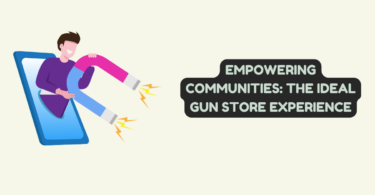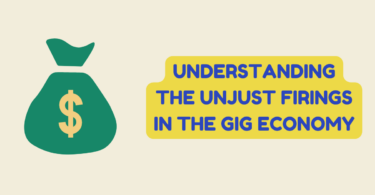
Social Media
While some people handle marketing themselves, others outsource to reliable digital marketing agencies like King Kong. Either way, social media algorithms often determine the success of a particular strategy. But how do these algorithms work?
What are Social Media Algorithms?
If even the introduction caused confusion, social media algorithms help users to see the most relevant content to them at any one time. When you log into Facebook, for example, you’ll notice that posts appear in seemingly random order. However, this order is far from random. Instead, the platform decides what you probably want to see first.
Many years ago, social media platforms would simply display posts with the most recent first. Now, algorithms help the platforms to display the most relevant content first to keep people logged in for longer.
Pros and Cons of Social Media Algorithms
As you can probably imagine, social media algorithms have been met with both praise and criticism. From a purely technical standpoint, the algorithms are incredibly clever. Some people say that the algorithms provide users with a more positive experience (they say that a relevant feed is better than a reverse-chronological feed).
On the flip side, some people claim that ordering by relevance and using algorithms are forms of manipulation. Elsewhere, some algorithms have been accused of hiding perfectly optimized posts. Of course, some people experience the opposite problem and are constantly shown random content. If you’ve ever used YouTube, you probably question some of the videos recommended to you daily.
Despite some positives, one of the biggest problems of social media algorithms is that they’re evolving, living, learning things. Therefore, they sometimes get it wrong.
How Social Media Algorithms Work
In simple terms, the goal of social algorithms is to deliver each user the most relevant content possible. However, the process itself is far from simple. Algorithms are a set of standards by which all content is measured, and content is delivered to people based on their history on the platform. For example, watching one soccer video on YouTube tells the platform that you’re interested in the sport. Suddenly, it recommends dozens of other soccer videos.
Social media algorithms are a complex web of artificial intelligence, data science, machine learning, and more. While social media platforms are generally quiet about their algorithms, experts often try to work out differences between older and newer versions to help marketers.
Back in 2019, Instagram made it very clear that relevant posts are determined by what users engage with the most (such as the soccer example). However, it also said that other factors play a role including how often users log into their accounts, when posts go live, and how many people users follow.
If you want to stay on top of the latest algorithms, it’s important to do some research because marketing experts spend hundreds of hours trying to learn whenever a new change is implemented. Also, it’s a case of trial-and-error. If one thing doesn’t work, pull back and try something else.
As a business, you may not have time to mess around with several social media algorithms. If this is the case, don’t be afraid to contact a digital marketing agency for help. Agencies like King Kong (https://kingkong.co/) spend every day around social media algorithms so understand what works and what doesn’t.
Whether you choose an agency or go it alone, algorithms are essential if you want the right people to see your content. Good luck!






